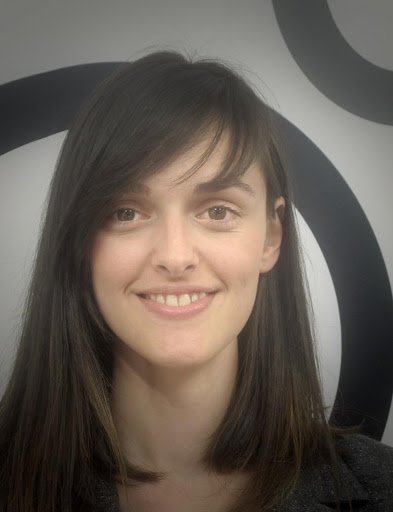Ana Škegro

In 2021, 50 contemporary art curators, researchers, and museum professionals from 32 different countries were awarded support to attend the CIMAM 2021 Annual Conference, in-person and online.
For the first time, and thanks to the generous support of The Getty Foundation who sponsored the virtual platform, 27 grantees attended the conference online, while 23 attended onsite.
Launched in 2005, CIMAM’s Travel Grant Program is designed to foster cooperation and cultural exchange between contemporary art curators and museum directors in emerging and developing economies and their counterparts in other regions of the world.
Ana Škegro's Conference Report
Being able to participate at the CIMAM's annual conference entitled "Under Pressure. Museums in Times of Xenophobia and Climate Emergency", which took place in Lodz and Gdansk from 5th to 7th November 2021, opened up some new perspectives on current important issues. Even though my participation was online, making the networking part of the conference a bit harder, it was still an excellent learning opportunity to listen to so many exciting and inspiring lectures during the three days of the program.
During the three days of the conference, I was most interested in hearing more about "Day 3: New Perspectives on Climate and Commonality", since it is most closely related to the projects I am working on. Perspectives and case studies from speakers such as Pelin Tan, Binna Choi, Otobong Nkanga, and Maristella Svampa were highly educational, thought-provoking, and inspiring. There is much to take away from the previous actions and results that Pelin Tan and Otobong Nkanga talked about. For example, while learning more about some ongoing projects and initiatives, such as those of the Casco Art Institute presented by Choi, gives inspiration and hope that there is still room and time for some positive changes that will hopefully impact our future as well. Being the final Keynote speaker, Svampa emphasized some socio-political situations connected to climate change and the need for concrete actions. During "Day 1: Conflicts, Crises, and the Politics of Growth", I particularly liked the first Keynote by Dipesh Chakrabarty, which was a very informative introduction to the conference. It was interesting to listen to and think about some of the facts presented during the first keynote, such as the fact that most humans never lived so well as they have in the last 50 or so years, which is part of many global problems we are facing today and is especially connected to the climate challenge. During "Day 2: Museums as Spaces for Recognizing Differences", I was especially interested in hearing the presentation by Hilke Wagner, since her Perspective was most relatable to my local context, and therefore most inspiring – she showed us that museums could and should be places where opposing sides gather and communicate in peaceful dialogue, and eventually areas where new ideas and solutions can easily arise.
Overall, I learned a lot about the topic of climate change and the many specific, local variations of the problem. I am particularly interested in researching this topic more and developing different exhibition models to bring awareness about the issue locally, and hopefully also through networking globally. I am currently working on the exhibition "Forest To Go", which deals with deforestation and the lack of responsibility for it, or reaction to it, from the local community. Some of the presentations at this conference helped me better understand important ecological and climate issues related to the projects I am currently undertaking, allowing me to approach these issues with a higher level of awareness.